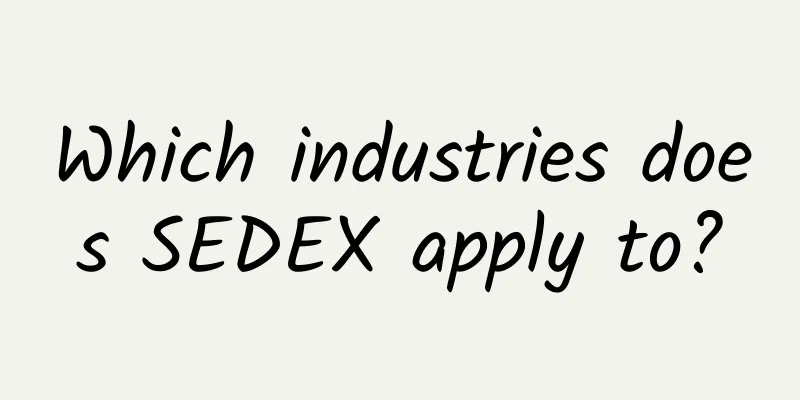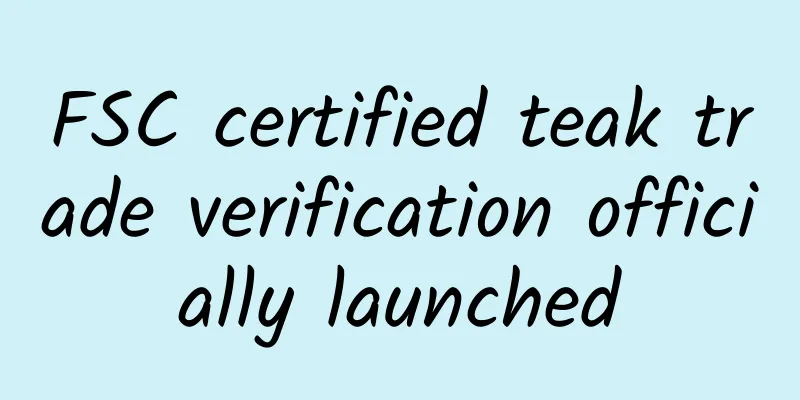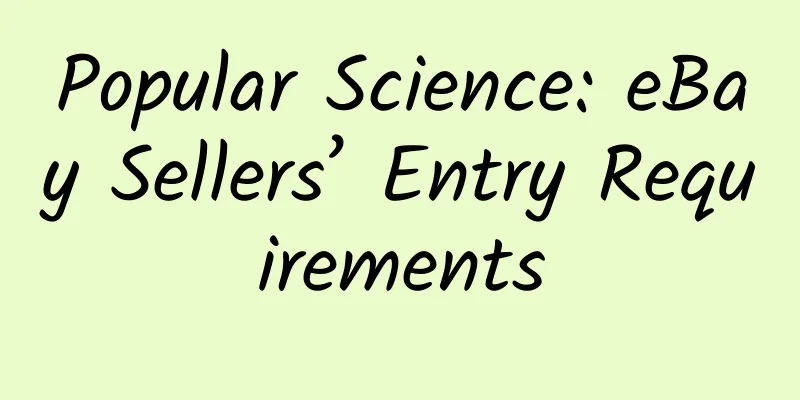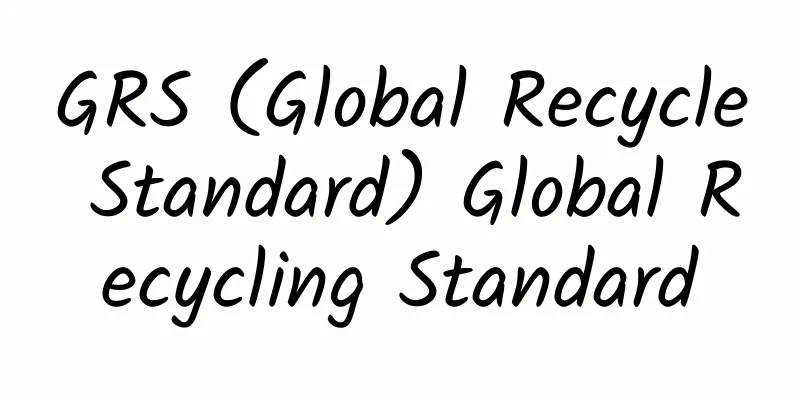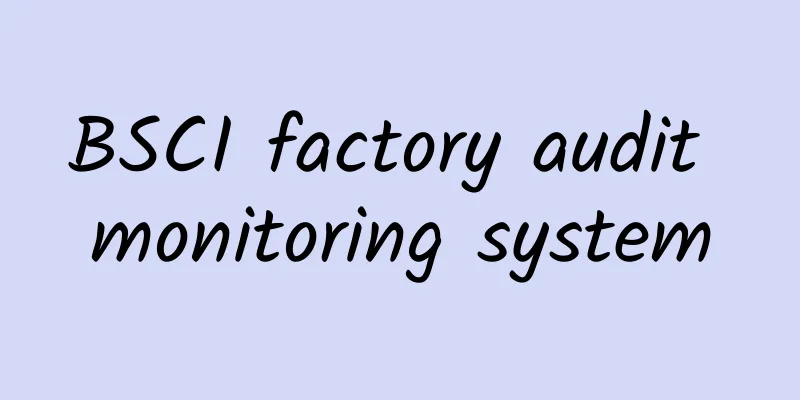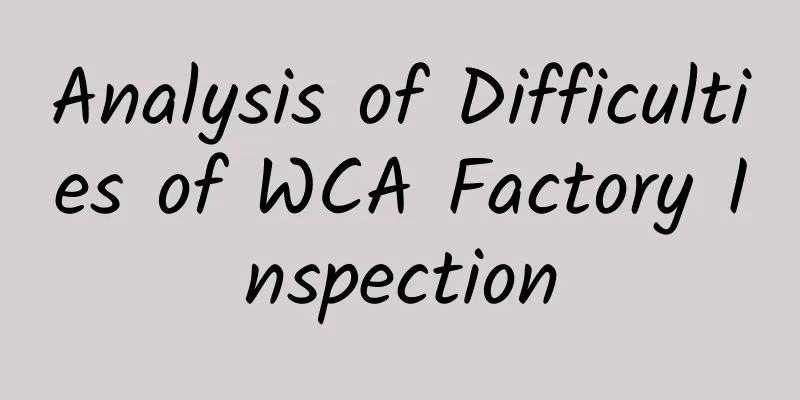German companies promote AVE model
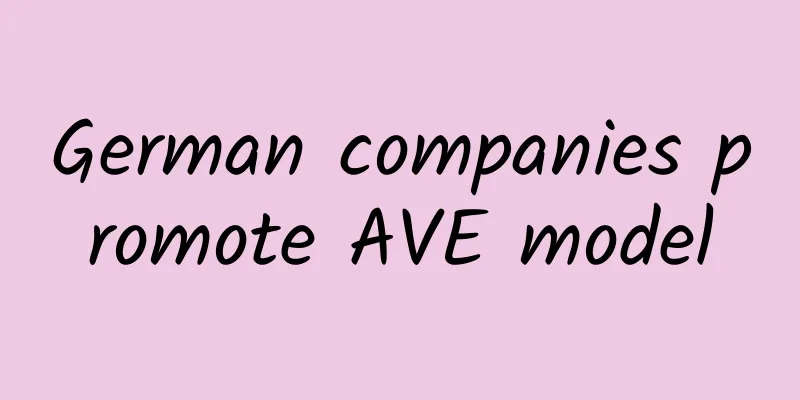
|
SA8000 and social responsibility standards have become a topic of concern for domestic enterprises in recent months. In Germany, the vast majority of retail trade enterprises participate in an AVE model. It is a set of industry social responsibility models developed by the German Retail Trade and Foreign Trade Association (AVE) based on SA8000. 270 suppliers have accepted the AVE industry model certification, and these suppliers are mainly from Asian countries, as well as Eastern European countries such as Romania and Bulgaria. Lorenz Belzau, an AVE official, said in an interview with our reporter that the establishment of the AVE model outside of SA8000 is to meet the needs of reality. The SA8000 standard is harsh and suppliers can hardly turn it into reality. In Europe, it is also difficult for companies to meet this standard. According to Thomas Sheliga of the international certification service provider SGS-ICS in Switzerland, some European companies use codes of conduct to solve social justice issues. These codes often refer to SA8000, but the provisions are often not as harsh as SA8000, and the cost of implementation is also lower. Belzau said that the AVE model is the only industry solution in Germany that regulates social responsibility. In addition, each company has its own internal supervision plan. The AVE certification has been recognized in Germany and the Netherlands and is being promoted across Europe. Companies in the Netherlands, Spain, Sweden and Switzerland have also joined in the name of "Business Social Compliance Action". Belzau said: "Almost all AVE members are participants in the AVE model. In principle, the vast majority of companies in the retail trade industry in Germany and the Netherlands implement the AVE model." From 2003 to 2004, AVE and its project partner, the German Technical Cooperation Association, held information seminars before the AVE model certification in 11 important exporting countries, including related activities held in China in February and March this year. Belzao said that there are already suppliers in China who have accepted AVE certification. Belcao said he could understand but did not agree with the view that SA8000's linking of human rights and trade might become a form of trade barrier. He believed that trading companies were very concerned about the social responsibility performance of foreign suppliers, not only because they regarded social responsibility as an important part of corporate responsibility, but also out of practical considerations: if there were so-called social responsibility violations behind the products, trading companies would face criticism and pressure from domestic labor rights organizations. He believed that in this regard, the social responsibility standards were not intended to set additional conditions for suppliers from China and other countries, but to find an overall solution to this problem. Belcao said that the purpose of the AVE model, more precisely, is to improve the social performance of enterprises. It is not to interrupt trade with suppliers when they fail to meet social responsibility standards, but to continue to develop and improve partnerships and improve the social responsibility performance of suppliers through training and support from trading partners. Belzau confirmed that the International Organization for Standardization (ISO) has discussed the issue of social responsibility standards. However, it was only recently decided to develop a guiding document on corporate social responsibility, which cannot be understood as a new standard. Whether this document will serve as the basis for ISO standards remains to be seen. He said that it is impossible to judge whether there will be a global social responsibility standard in the future. However, there has been a trend recently that different systems have been brought together through cooperation or mutual recognition. "Nevertheless, I think it is unlikely that a unified standard will emerge worldwide, because industry differences will continue to hinder this development." |
<<: AVE Certified Kitchen Work Safety Guidelines--AVE Factory Inspection Consultation
Recommend
Passed LGA factory inspection
Introduction: The "LGA qualified test" m...
Walmart now accepts certification from certain industries to avoid duplicate audits
According to an email from Walmart's Global S...
How is Good Friend International Freight Forwarder? What are the advantages of Good Friend International Freight Forwarder?
How about Good Friends International Freight Forw...
What is Cross-border Link? What services does Cross-border Link provide?
Shanghai Cross-border International Trade Co., Lt...
Cross-border e-commerce has become a new driving force for Tianjin's foreign trade transformation and upgrading
Cross-border e-commerce has become a new highligh...
Wish Tags--Product traffic entrance
What are wish Tags? For Wish sellers, the tags ar...
Walmart changes some of its factory inspection standards in 2015
In 2015, some of Walmart's factory inspection...
Some tips on Walmart ES factory inspection
Some tips on Walmart ES factory inspection concep...
Part of WCA factory inspection standards
Advantages of enterprises passing WCA factory aud...
Carrefour ICS latest factory inspection standards
Carrefour [ICS factory audit latest standards] are...
What is Paton? What are Paton's businesses and advantages?
Paton is a wholly-owned subsidiary of Cross-borde...
How is Snapdeal? Advantages of opening a store on Snapdeal platform
Snapdeal official website address: https://www.sn...
What is Tao Data? What are the functions of Tao Data?
Tao Data is a platform that provides data query a...
Majestic — Powerful link analysis tool
What is Majestic? Majestic surveys and "maps...
Brief introduction - social responsibility factory inspection standards
Child labor: Companies cannot support the use of c...
